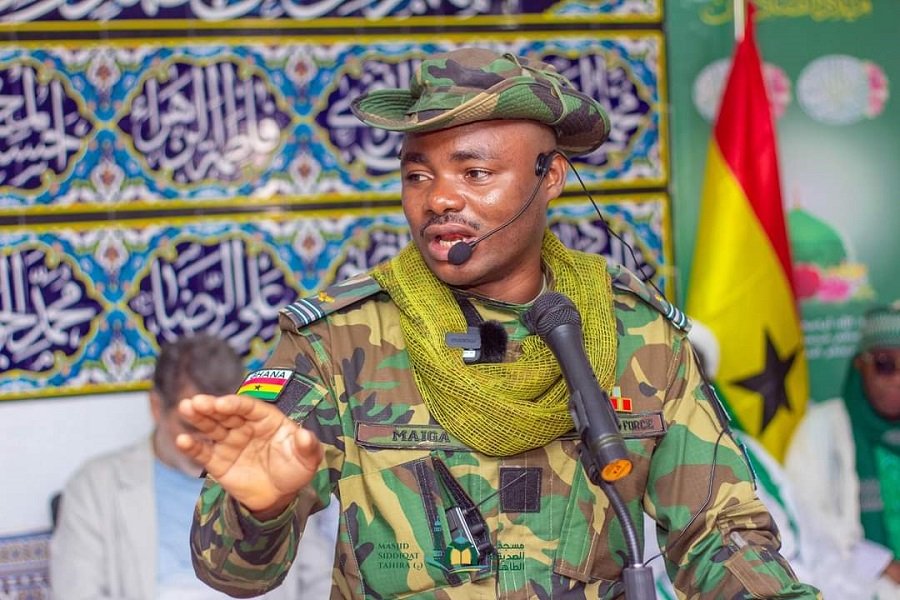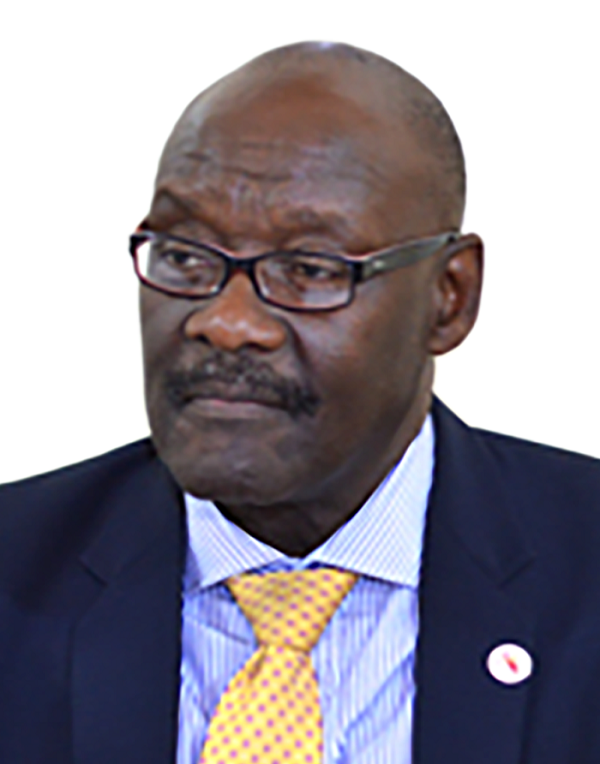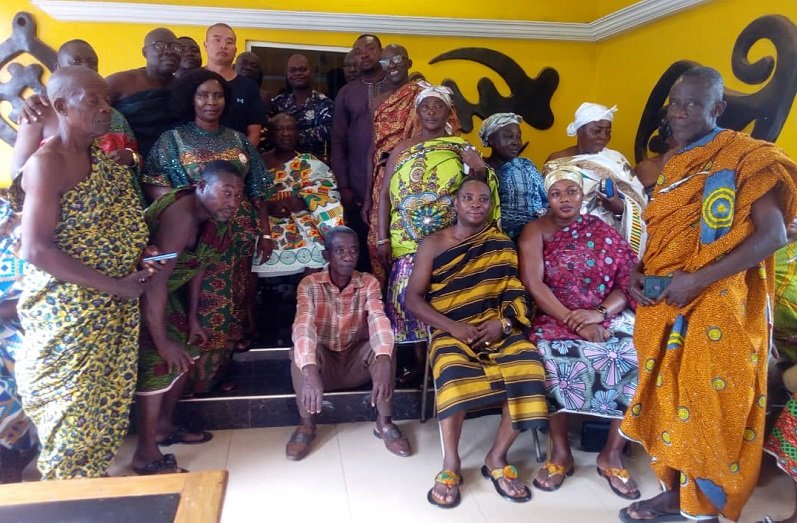ARTICLE AD
The Minister of Foreign Affairs and Regional Integration, Ms Shirley Ayorkor Botchwey, officially handed over a newly reconstructed one-storey building apartment to the Nigeria High Commission in Ghana.
The apartment building was to further strengthen bilateral and diplomatic relations between the two West African countries.

It boasts significant enhancements, improving its original design by over 20 per cent comprising state-of-the-art tile floors, washrooms and kitchens, and digital doors.
Ms Botchwey, in her address, expressed remorse for “the regrettable incident” that led to the initial demolition of the old building.
“The actions of a few individuals were deeply unfortunate and do not reflect the values, character, or commitment of the Ghanaian people to peace, rule of law, and respect for our international obligations,” she said.
The Minister underscored the significance of the building in dealing with the relationship between the two countries saying, “This property represents much more than its physical structure; it stands as a testament to the enduring relationship between Ghana and Nigeria, built on shared values, mutual respect, and a commitment to addressing challenges with unity and resilience.”
Ms Botchwey commended the Nigerian High Commission and its staff for their “patience and understanding” throughout the reconstruction process, as well as all relevant stakeholders who contributed to the reconstruction of the building.
The Minister of Foreign Affairs of the Federal Republic of Nigeria, Yusuf Maitama Tuggar, in a statement read on his behalf by the Director of Foreign Affairs Service Academy, Mr Chimezie Ogu, reaffirmed the country’s support and commitment to Ghana.
He underscored the strength of the long-standing friendship between Ghana and Nigeria, citing some of their collective achievements.
“The relations between the two brotherly countries, Nigeria and Ghana, predates independence. The two countries have played vital roles together to advance the cause of Africa in the world, and they still continue to do so. They fought against apartheid, fought for the liberation of fellow African countries from continued colonisation,” he said.
He also bemoaned the high cost of resident permits, which he said was currently set at US$500, explaining that the fee, in addition to other costs, was a significant burden that weighed heavily on the Nigerian community in Ghana.
Mr Ogu, therefore, urged the government to consider a downward review of the cost of resident permits for the Economic Community of West African States (ECOWAS) nationals.
According to him, such a consideration would not only facilitate movement and residence for ECOWAS citizens but would also foster economic cooperation and developments, as well as strengthen regional ties and integration.
He commended the government for putting up the building for them, saying, “Your actions demonstrate the value you place on our relationship.”
BY CYNTHIA ASAMPANA

 1 week ago
47
1 week ago
47 

